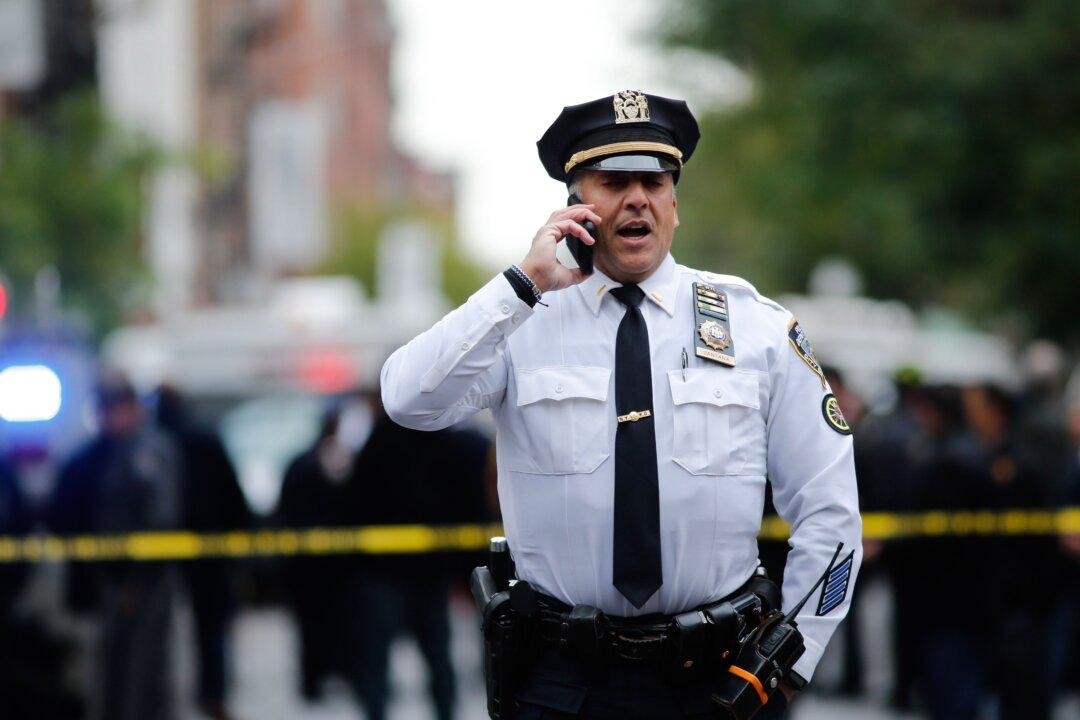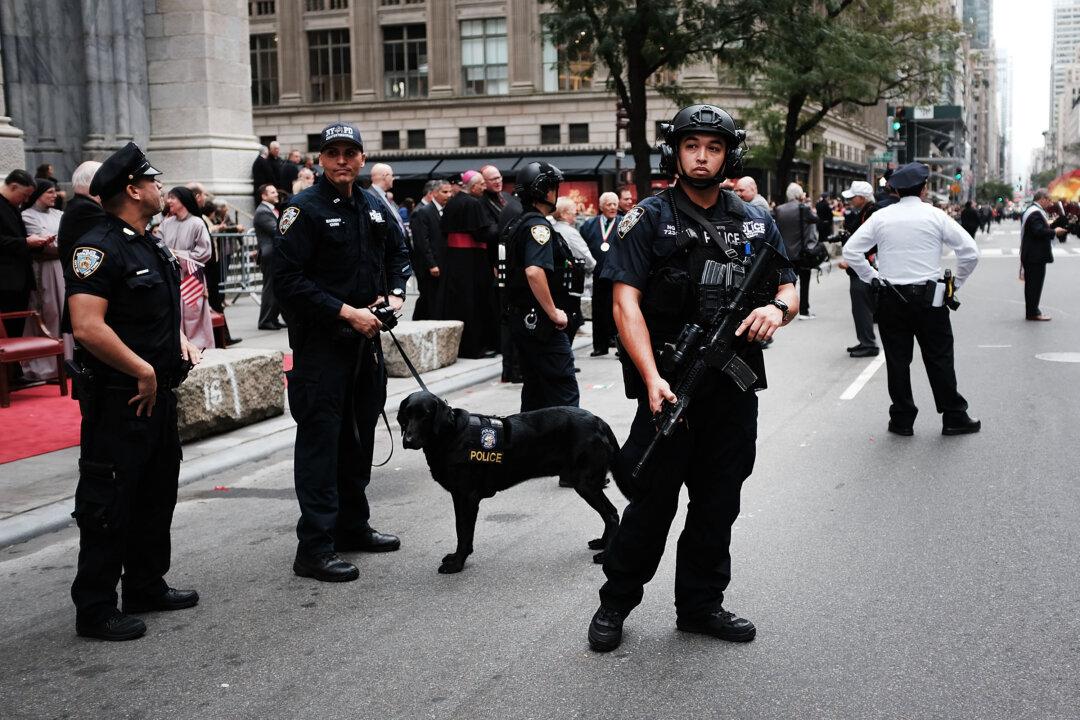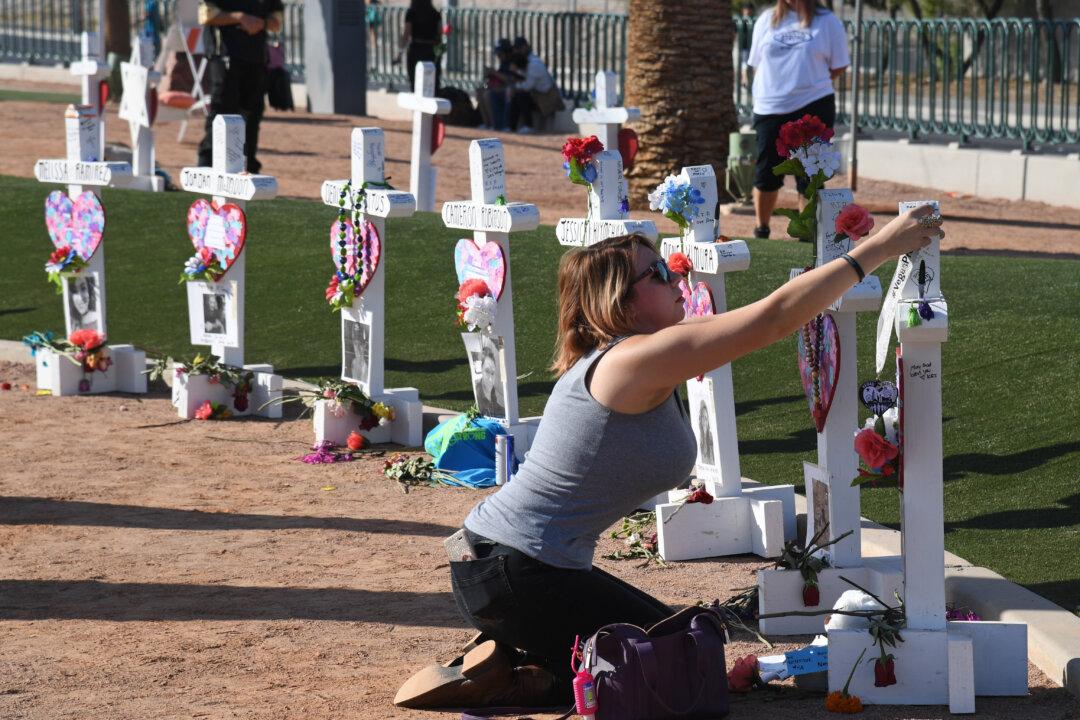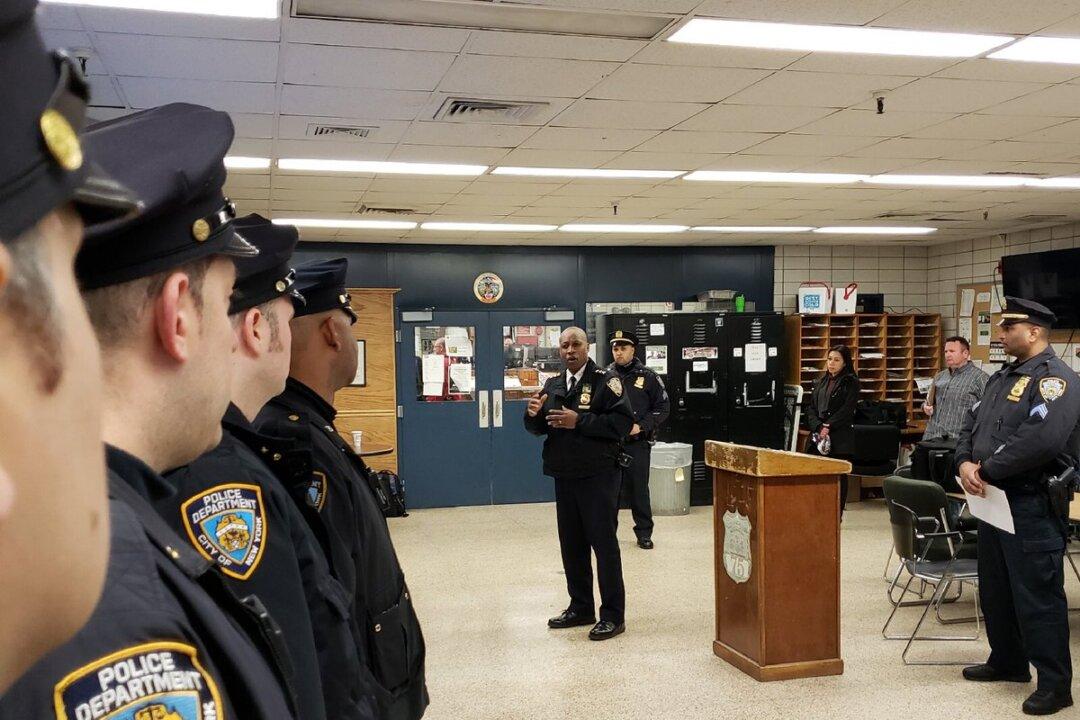Forty-five years ago, the spacecraft Apollo 13 and its crew were on their way to the moon. But, the mission was dramatically derailed with an oxygen tank explosion.
An immortalized distress call was radioed to mission control at the Johnson Space Center in Texas: “Houston, we’ve had a problem here.”
In order to survive, the astronauts had to courageously collaborate, plan, and sacrifice to return 200,000 miles safely to Earth.
America, We’ve Had a Problem Here
There are police–community tensions in America due to events in Baltimore, Ferguson, Cleveland, Staten Island, and North Charleston.
We must honestly assess the breakdown of trust and enhance police–community relations.
As learned from Apollo 13, we must collaborate, for failure is not an option.
Nine Principles of Policing
The principles of effective policing attributed to Sir Robert Peel for police–community relations are timeless.
The heart of these nine principles is summarized as a unity of effort “that gives reality to the historic tradition that the police are the public and that the public are the police.”





